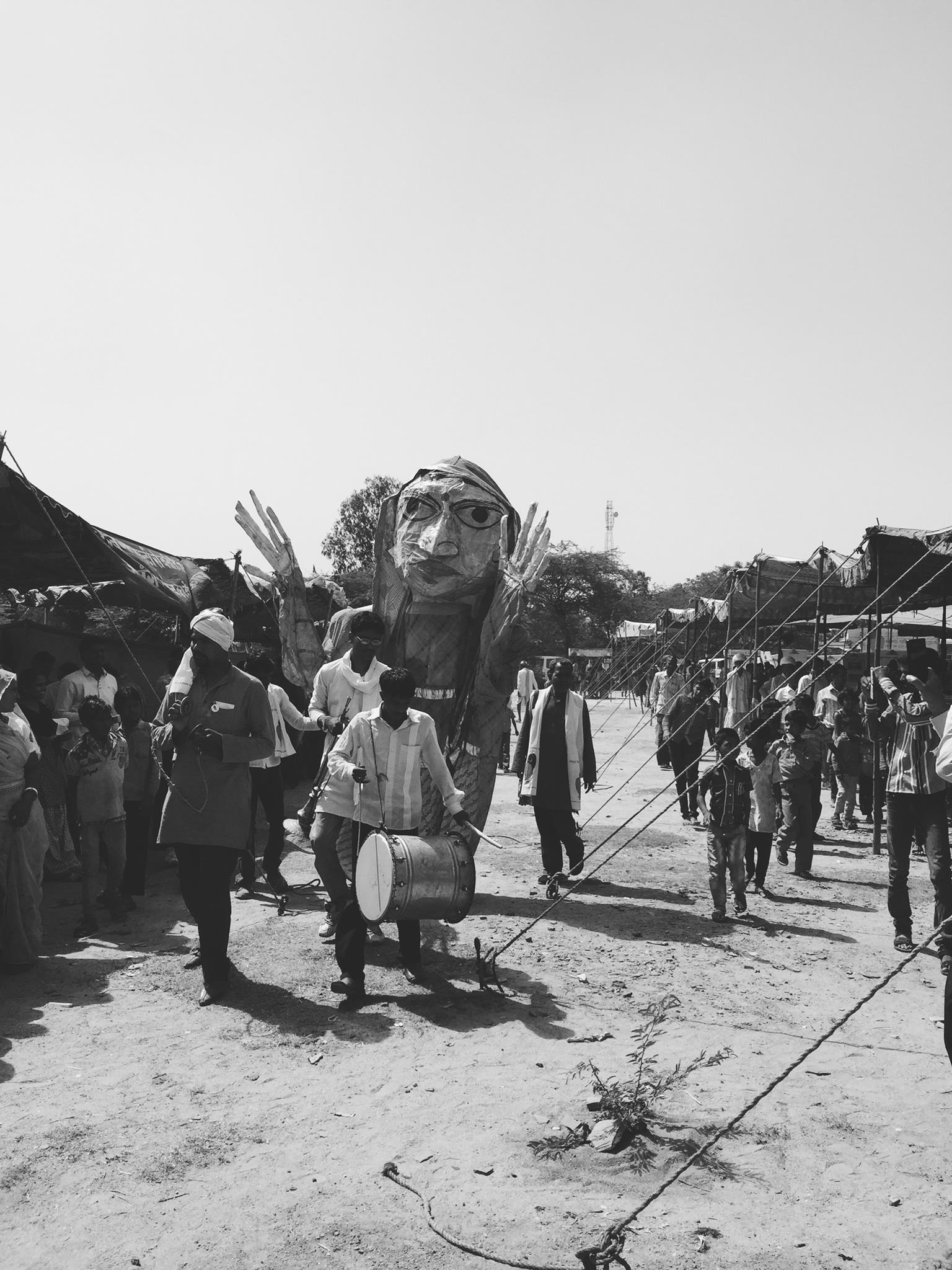
8. Working Methods of MKSS
MKSS works through collective leadership and shared responsibility rather than hierarchy. Campaigns are built from village meetings, where issues are identified, documents are obtained, and facts are verified in Jan Sunwais. To reach diverse audiences, they use creative tools like puppet shows, street plays, and songs in local languages. The organization is non-party political: it does not contest elections but actively shapes public policy and democratic practice. Training camps develop local leaders, while social audits institutionalize community oversight of public funds. Every step emphasizes inclusivity, gender equity, transparency, and frugal, replicable methods that communities can adopt independently.
9. Challenges Faced
MKSS faces persistent challenges, including bureaucratic resistance to releasing records and political pushback against public scrutiny. Activists and whistleblowers may confront intimidation, legal harassment, or threats, requiring strong safety protocols and legal support. Limited literacy and the digital divide in rural areas can slow the use of transparency tools, while delays in information access weaken timely accountability. As the work scales, maintaining grassroots accountability, volunteer energy, and sustainable funding is difficult. Misinformation and co-option by vested interests also pose risks. Despite these hurdles, MKSS continues to build alliances, document evidence rigorously, and rely on community solidarity to persevere.
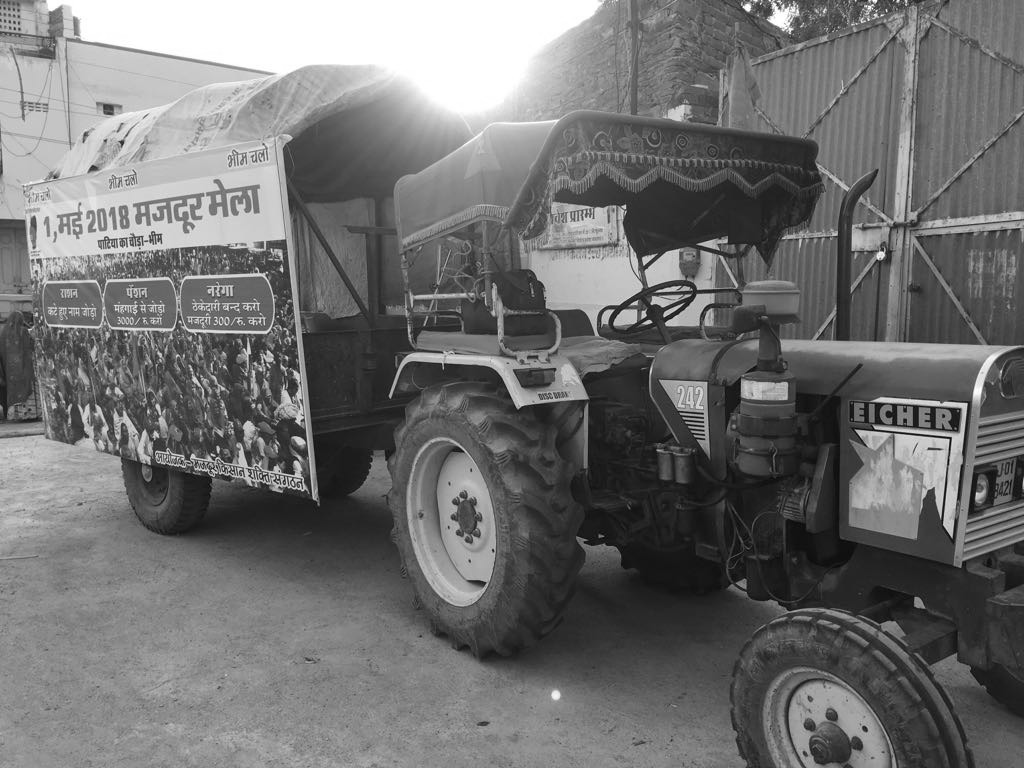
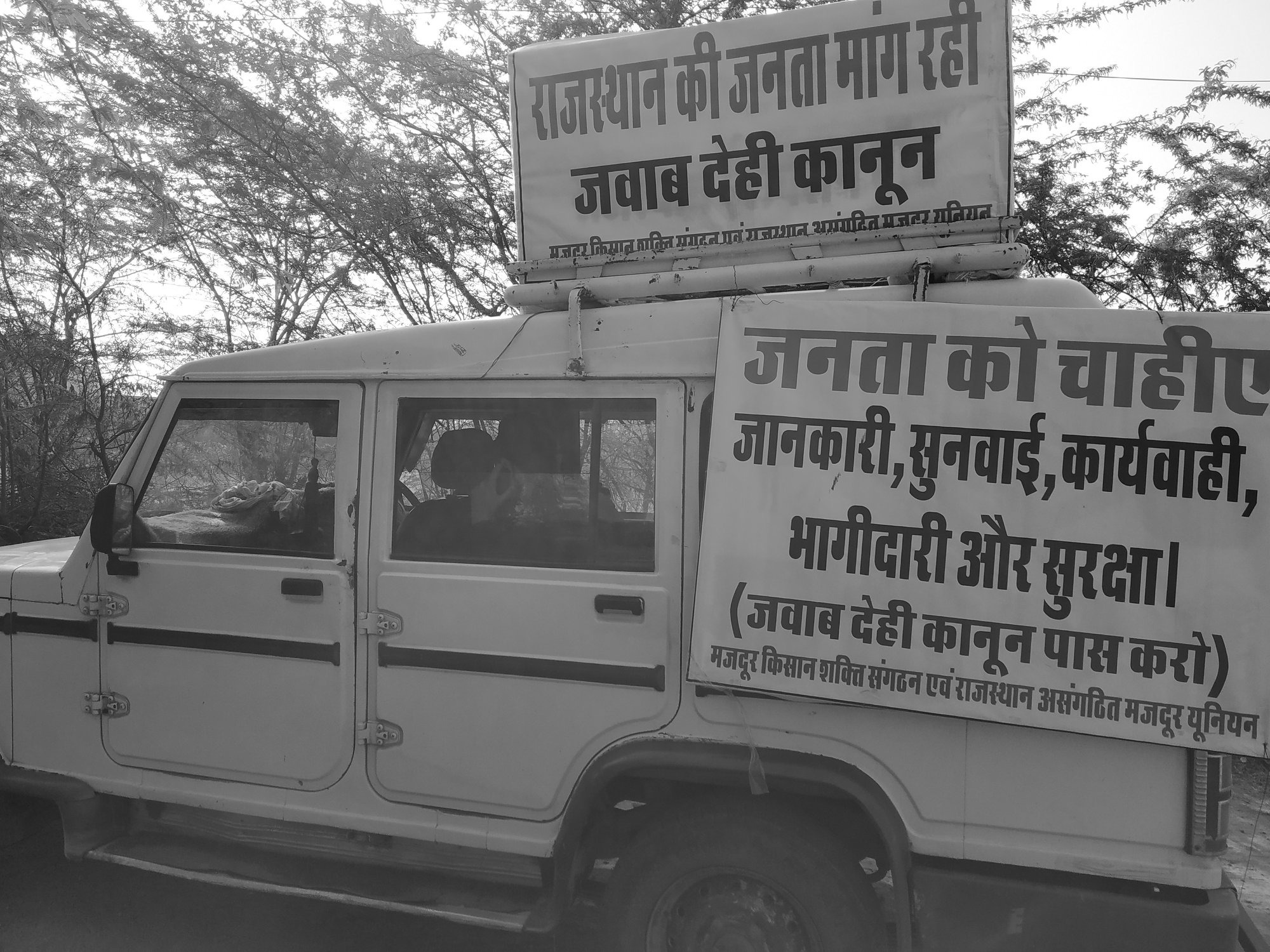
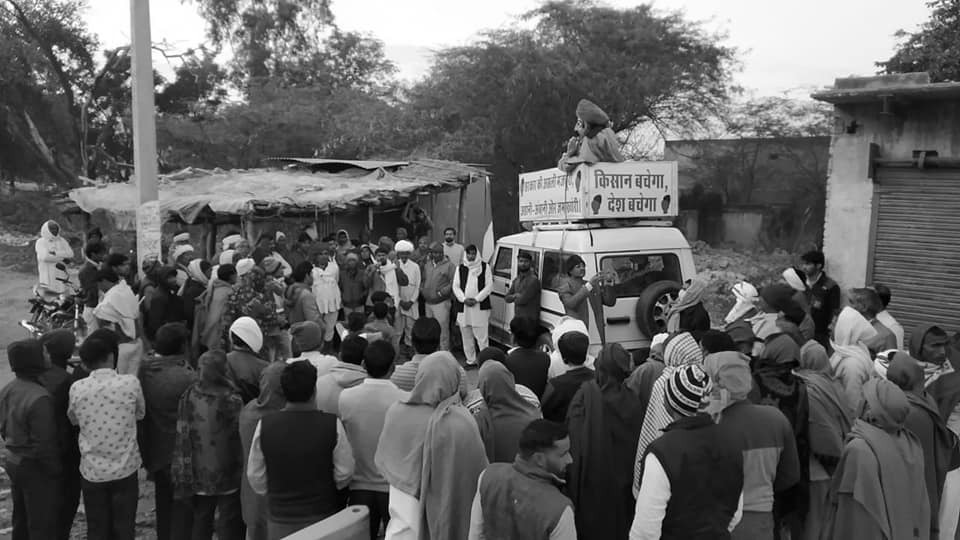
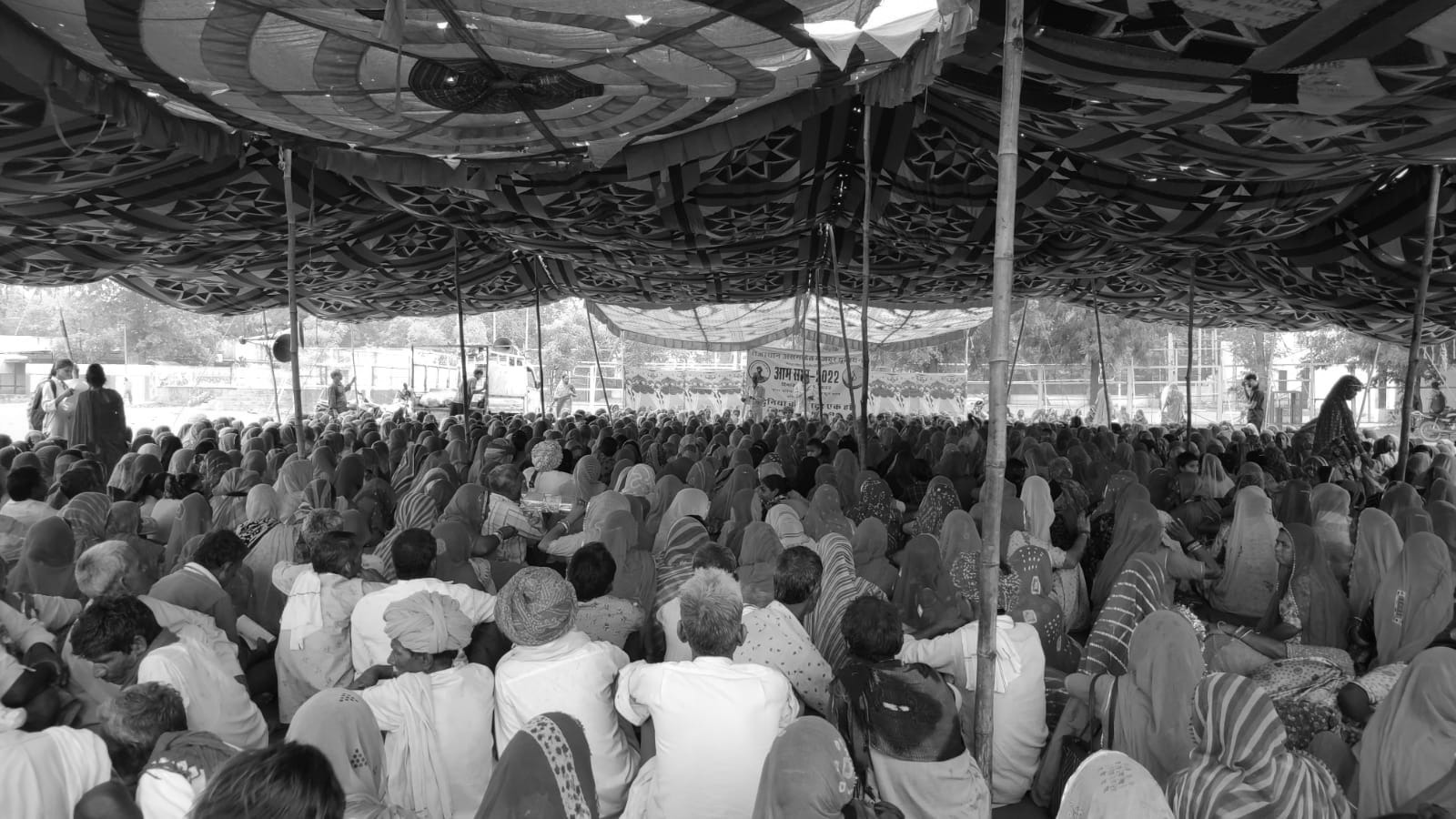
10. Conclusion
MKSS is more than an organization; it is a lived practice of democracy rooted in dignity, truth, and collective action. It shows that rights like RTI were won by people through sustained struggle, not granted from above. By institutionalizing social audits and public hearings, MKSS turned transparency into everyday citizenship. Its legacy continues as new generations adapt these methods to digital records, welfare delivery, and emerging issues such as climate resilience and rural livelihoods. The central lesson remains: when informed people act together, they can hold power to account and strengthen democracy from the village upwards.